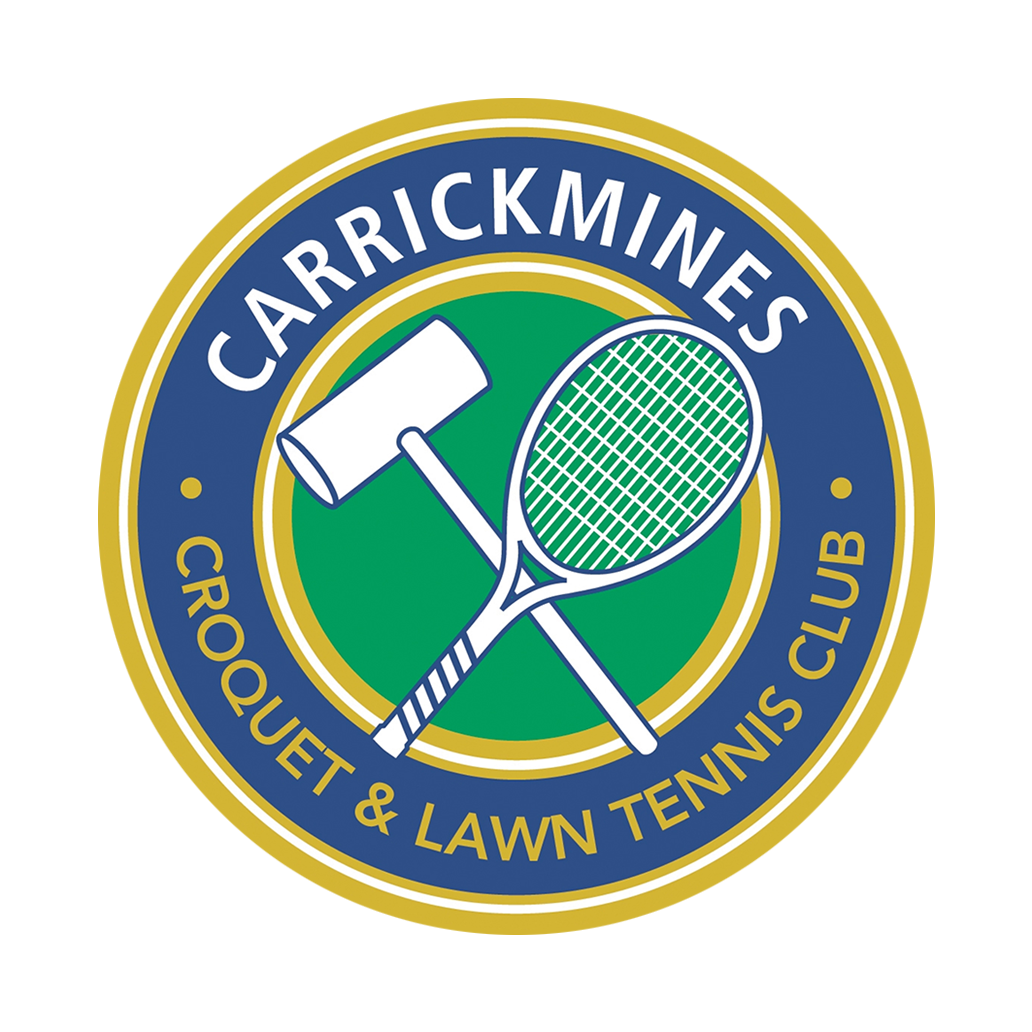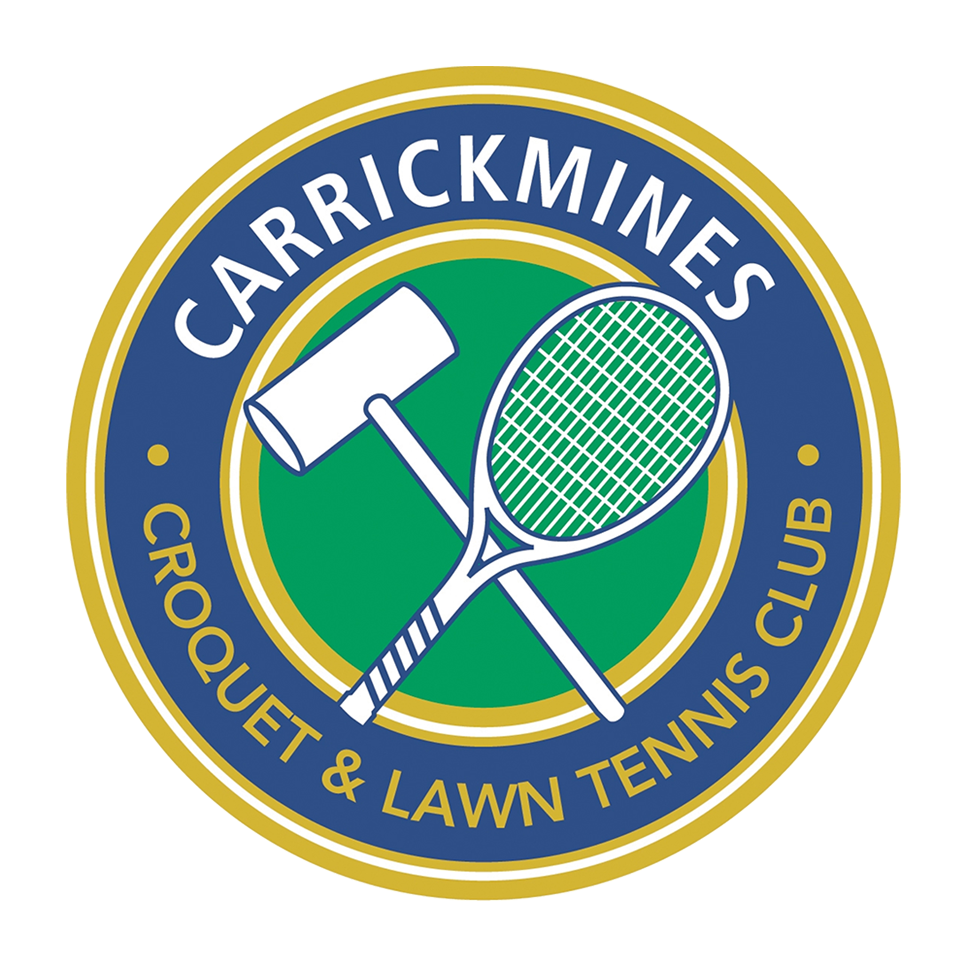26 Aug Report of the European Association Croquet Championship 2024

By Martin Murray
The 25th European Championship was held at Carrickmines from August 15th to 18th. This was a welcome return of the event, which had not been held since 2018. Over the years it has been held in a total of five different countries: this was the third occasion that Ireland had hosted the event. Carrickmines has four excellent lawns, a minimum capacity to host all the countries able and willing to send competitors. Alan Looney managed the event with a good-natured and relaxed competence.
It is somewhat of a hybrid event, combining a top-class tournament capable of attracting Europe’s top players with a development role in offering competitive experience to the smaller and newer croquet playing countries. Thus this year the entry of twenty players included three English players selected for this year’s Presidents Cup (James Death, Stephen Mulliner, and Gabrielle Higgins), two Irish players of similar standard (Andrew Johnston and Simon Williams), and four more, two English (David Fuller and Jack Good), one Welsh (Rick Harding), and one Swiss (Ian Sexton), with grades over 2000. The international variety of the entries was shown by the participation of one further English player (John Gosden), two Irish (Nathaniel Healy and Russell Harris), two Scottish (David Houston and Mark Shanks), two Swedish (Joakim Norbäck and Archibald Zimonyi), one German (Joern Vinnen), one Austrian (Andreas Hartmann), one Portuguese (Dusan Turcer), and one Latvian (Andrejs Savinovs), making a total of ten countries. In playing experience, they ranged from one or two years (Jack and Andrejs) to almost fifty years (Stephen).
The tournament started with four blocks of five players, and the wide range of abilities (a 1500 grade difference between top and bottom) meant that many games were very one sided, and therefore quite quick. With two players qualifying from each block the only real contest was in Block 3, where the battle for the two qualifying places was very close between Andrew Johnston, Jack Good, and Rick Harding. Jack was unlucky to lose to triple peels from both Andrew and Rick, so failed to qualify for the knock-out stage. Fortunately for the manager, no block had
any ties, so the block play was comfortable completed early on the second day, and the best of three knock-out stage started the same day. The first round produced two surprises, Simon Williams beating Andrew Johnston with two swift triples, then David Fuller beating Gabrielle Higgins. A further surprise seemed possible when Ian Sexton, having got to peg and 4-back against Stephen Mulliner in the second game, and then having his peg ball pegged out by Stephen, hit a forty yard shot from corner four to corner two. He made 4-back, and looked likely to finish, but failed to approach penultimate and his chance was gone. The semi-finals produced triple peels in all five games. Stephen Mulliner and Simon Williams provided three of them, alternating +26tp scores, but Stephen's were in the first and third games, so he ran out the winner. That meant that Simon had played six consecutive games with a scoreline of +26tp. Possibly a record? In the other semi-final David Fuller ran James Death very close, getting to peg and peg in the second game, but failing to peg out giving James the chance to pounce.
So the final between James and Stephen, which Alan decided to play best of five, was keenly anticipated. James has been in imperious form this season, winning both the Men’s Championship and the Open, but Stephen has won this event a staggering 13 times, and is still playing world-class croquet. The first two games were shared tpos, but in games three and four Stephen stuck in 2-back and 3-back at critical moments, allowing James to strike with clinical triples each time. James thus won the event on his first attempt While all this excitement was going on in the main event here was plenty of excitement in the consolation events which WCF regulations provide to give plenty of play for all contestants.
The first of these was the Shield, which starts with the three players from each block who failed to qualify for the main knock-out. Since Nathaniel Healy had unfortunately had to withdraw due to contracting Covid, the tournament director, Sandy Greig, took his place in the Shield. The winners were then joined by the first round losers of the main knock-out. These might have been expected to provide the winner, but Jack Good, having been unluckily eliminated at the block stage, managed to prevail in a high-class three triples final against Gabrielle Higgins. Jack, the youngest player in the tournament by some distance, who has only been playing Association Croquet for two years, has already reached a remarkable level of skill and maturity. Definitely one to watch for the future.
The Bowl is for the four players who lose in the quarter-finals of the Shield. Unfortunately Andrew Johnston had to withdraw for family reasons, so the event only had three contestants. Ian Sexton, after his disappointment against Stephen Mulliner in the main event, was too good for both Russell Harris and David Houston, so won both games.
The final formal event, for the seven players eliminated from the Shield in the early stages, was the Plate, which saw Joakim Norbäck emerge as the winner with four wins out of five. The other players all got at least four games and one win in the event, which provided all of them with educational and competitive experience. Play was generally quick, especially in the main event, with a total of 28 triples, 3 tpos, and 2 quadruple peels in 94 games. On Friday, having completed four consecutive triples, and having to wait for her next game, Gabrielle Higgins asked the manager to allow her and Rick Harding to play a "Z" game. Alan duly obliged, and Gabrielle promptly compete her first ranking sextuple peel with no apparent difficulty, a feat which eluded both James and Stephen during the four days, despite several attempts by both of them.
The full measure of Irish hospitality was evident throughout the event. The Croquet Association of Ireland kindly hosted two excellent social events, a barbecue on Friday evening and a dinner on Saturday evening, and the facilities of the Carrickmines club were a joy for all the competitors.


